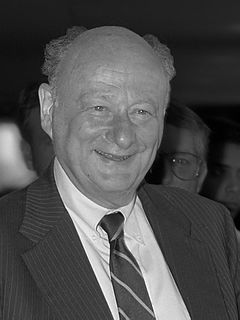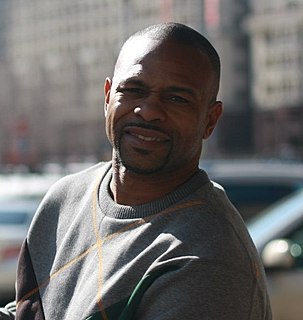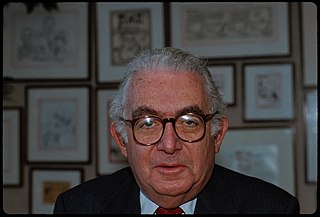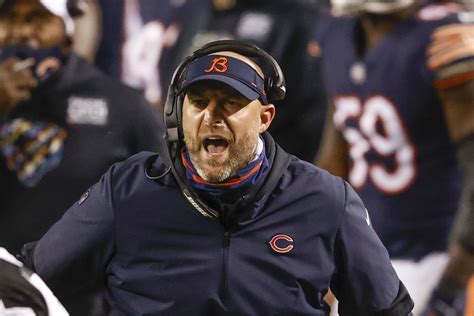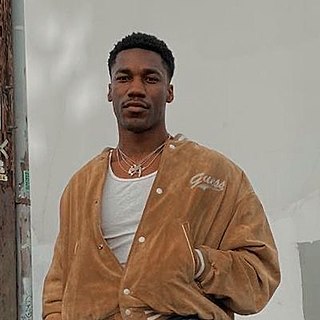A Quote by Ed Koch
If you listen to Giuliani, it's like nobody did anything to improve the city except him. I'm not part of the history. Bloomberg's not part of the history. It's like, he did it. He's the only one. That's why he's a little crazy.
Related Quotes
If you're a history buff, you know about J. Edgar Hoover. He was likely the most powerful man in the US. If you start reading about him, the books contradict each other constantly. I was often left with very little sense of the man personally. I had a sense of what he did and didn't do and what people disagreed about whether he did this or didn't do this or that, but I was like, "Why? Why was he doing all of this?" That was my big question.
I did not know much history when I became a bombardier in the U.S. Air Force in World War II. Only after the War did I see that we, like the Nazis, had committed atrocities... Hiroshima, Nagasaki, Dresden, my own bombing missions. And when I studied history after the War, I learned from reading on my own, not from my university classes, about the history of U.S. expansion and imperialism.
The history of lead is a history of neglect. It's a history of decisions on our part not to address the broad implications of what we did to ourselves during the industrial revolution and in the first part of the century when our cities expanded broadly, when we built our housing and we began to depend upon lead as a mainstay of our new industrial culture. We put this stuff in even though we knew it was dangerous, we knew it was going to hurt kids.
So I did a program with the Recording Academy, the Grammy Museum. So pretty much they take, like, one hundred kids during the summer and for a week or two every day they go over something different in music history. Then during the music history part of the program, they would just tell us about the different eras.
For me, seeing our history told in this light, the ones who did rebel, the ones who did revolt, the revolutionaries, excited me. Seeing this story of the Underground Railroad ... and that is such a proud part of our history that not a lot of us know about, where these brave men and women, they were heroes, really helped tear down the system of slavery just by running.
The funny part of it all is that relatively few people seem to go crazy, relatively few even a little crazy or even a little weird, relatively few, and those few because they have nothing to do that is to say they have nothing to do or they do not do anything that has anything to do with the war only with food and cold and little things like that.
Listen, my father had written. Listen to hear if they are telling the truth or only part of the truth, for that is the lesson of history: that the victors tell the tale of their triumph in a manner to grant accolades to themselves and heap blame upon their rivals. Ask yourself if part of the story is being withheld by design or ignorance.
